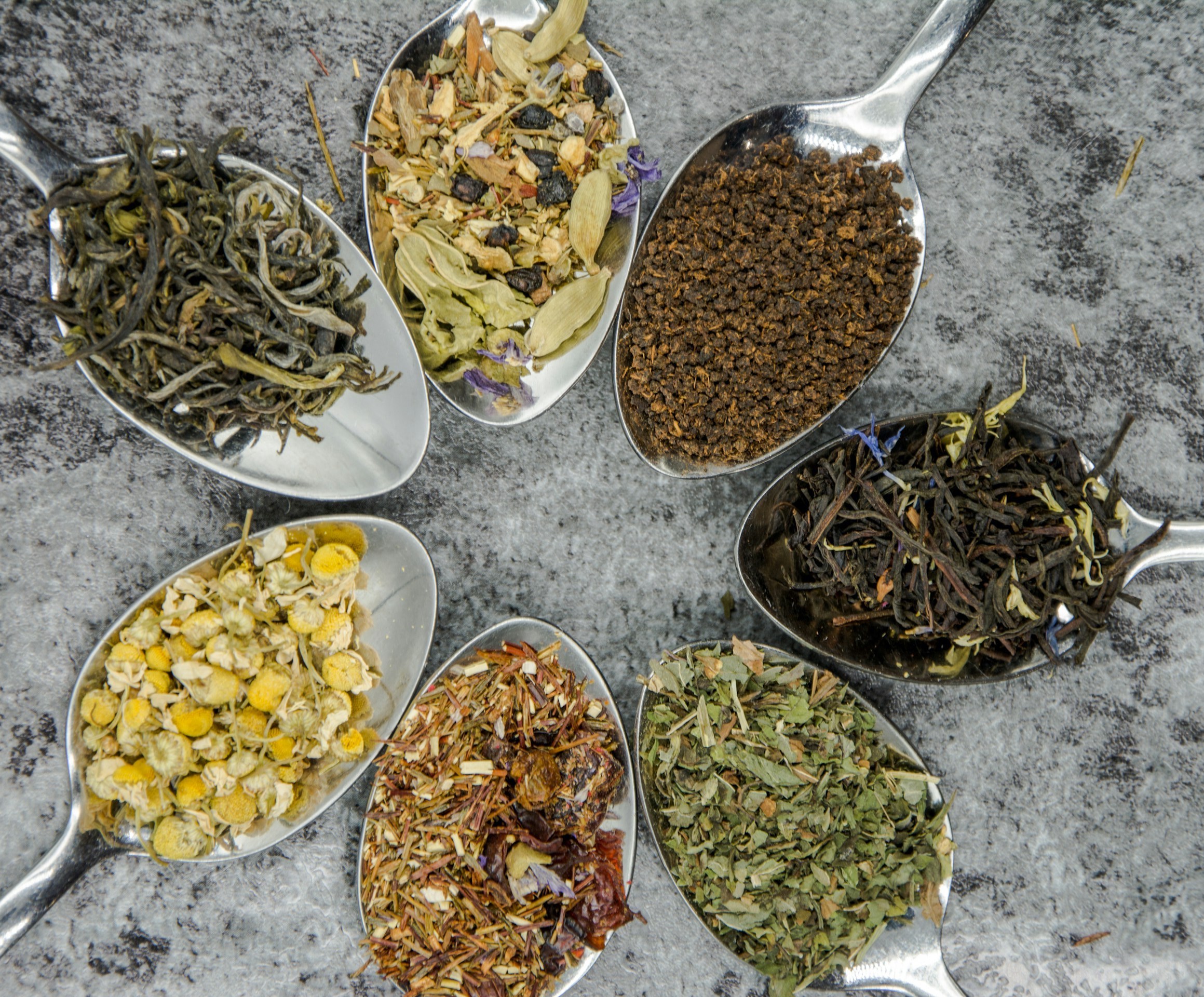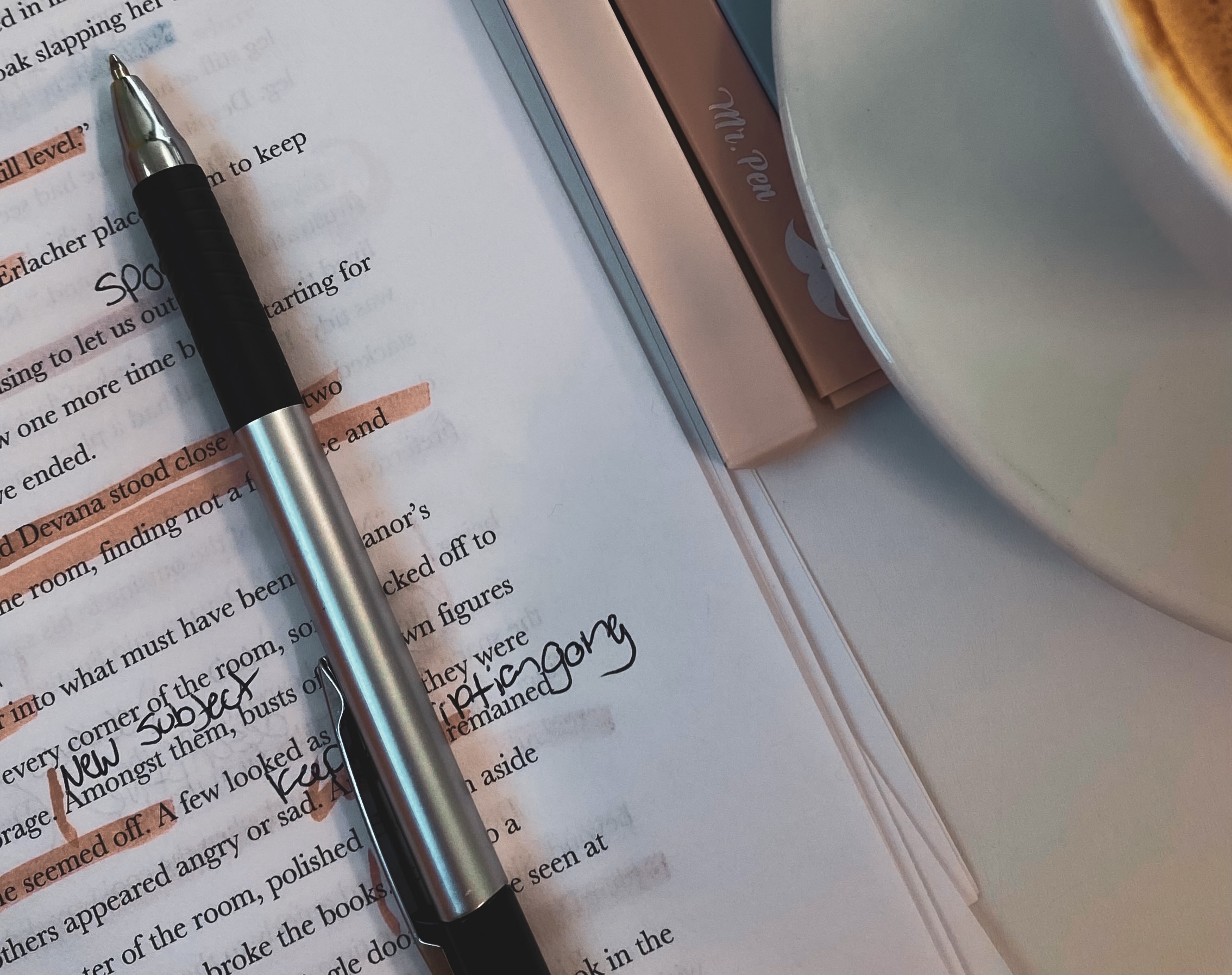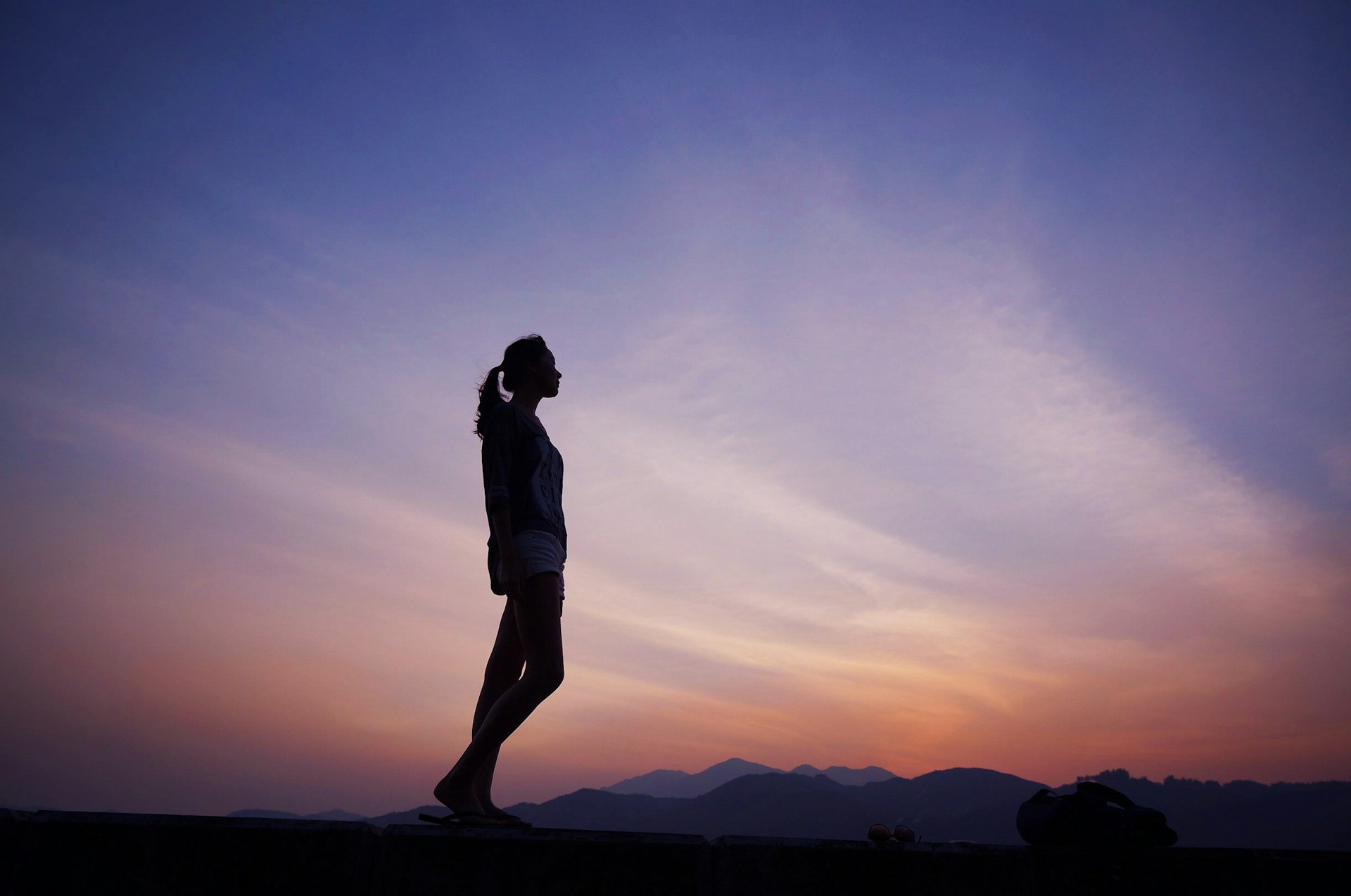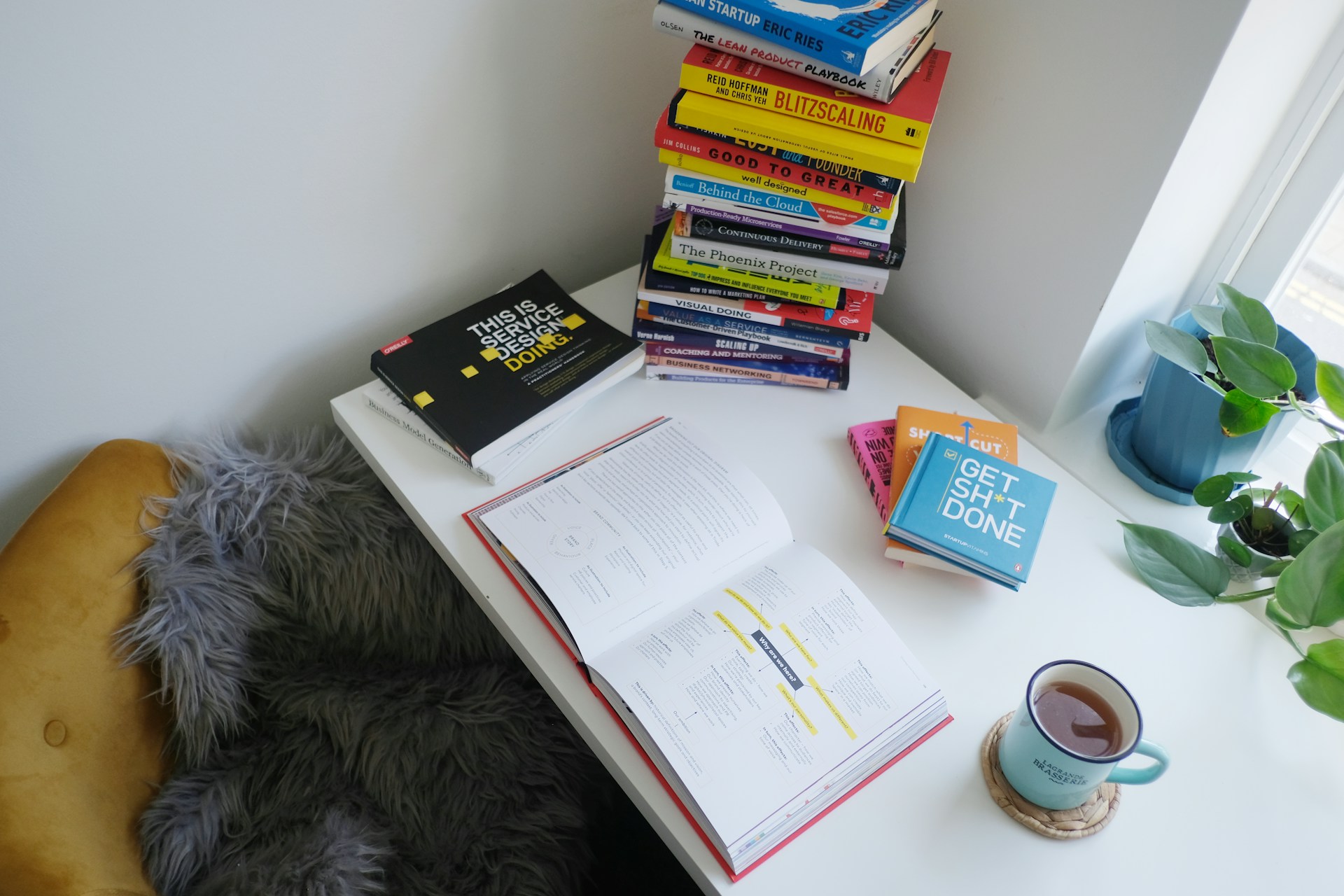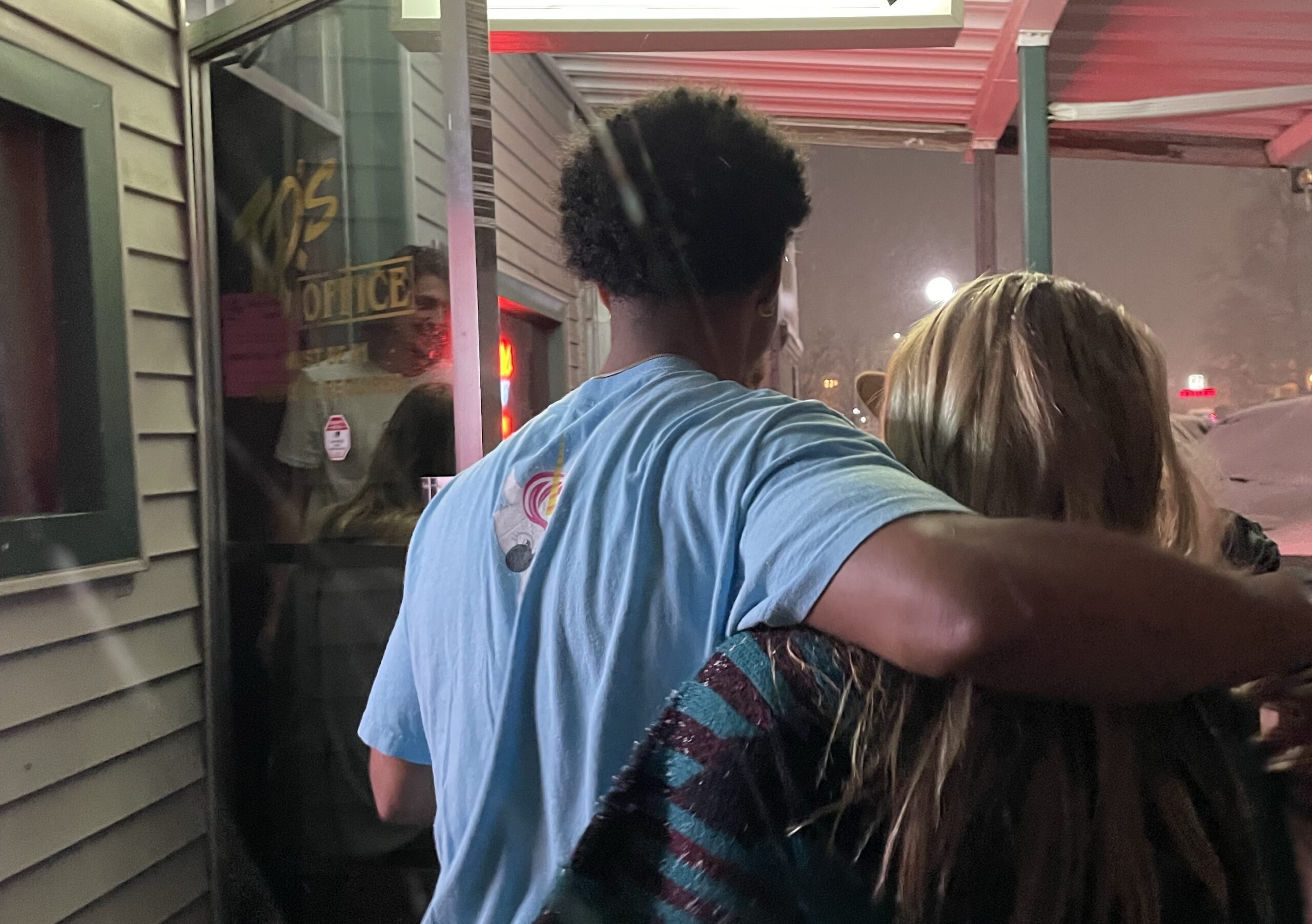Let’s face it, waking up with a pounding headache and a stomach doing somersaults after a night out isn’t fun. But what’s even worse? That creeping sense of dread and anxiety that seems to wrap around you tighter than your favorite blanket. Yep, we’re talking about “hangxiety,” and if you’ve ever experienced it, you know it’s no joke.
Why does anxiety seem to hit harder when you’re hungover? There are some surprising (and not so surprising) reasons why.
The Science Behind Hangovers
What Happens in Your Body During a Hangover?
Okay, first things first. When you’re hungover, your body is basically waving a little white flag. Here’s what’s going down:
Dehydration: Alcohol is a diuretic, which means it makes you pee more. And all that extra bathroom time leads to dehydration. That dry mouth and headache? Classic signs your body is thirsty.
Electrolyte Imbalance: Along with water, you’re also losing electrolytes. These little guys are crucial for your body to function properly. When they’re out of whack, you can feel weak, dizzy, and just plain awful.
Blood Sugar Levels: Alcohol can mess with your blood sugar. It might spike and then drop, leaving you feeling shaky and irritable.
Alcohol Metabolism
Here’s a not-so-fun fact: Your body treats alcohol like a toxin. It works hard to break it down and get it out of your system. This involves:
Ethanol Breakdown: Your liver converts ethanol (the alcohol you drink) into acetaldehyde, a compound that’s even more toxic. Yikes!
Acetaldehyde Buildup: Normally, your body quickly breaks down acetaldehyde into harmless substances. But if you’ve had a bit too much, your liver can’t keep up, and acetaldehyde starts to accumulate. This contributes to that awful hungover feeling.
Impact on Brain Chemistry
Alcohol doesn’t just affect your body; it has a party in your brain too.
Glutamate Rebound: Alcohol suppresses glutamate, a neurotransmitter that keeps your brain alert. Once the alcohol wears off, your brain overcompensates by producing a lot more glutamate, which can make you feel anxious and restless.
Neurotransmitter Imbalance: Alcohol also affects other neurotransmitters like serotonin and dopamine, which play a big role in mood regulation. When these are out of balance, your mood can swing all over the place.
The Connection Between Alcohol and Anxiety
How Alcohol Affects Mood
We all know that alcohol can make you feel relaxed and happy at first. That’s because it increases dopamine, the “feel-good” neurotransmitter. But this bliss is short-lived.
Initial Euphoria and Relaxation: At the start of your night, alcohol can make you feel great. You’re more sociable, relaxed, and maybe even a little invincible.
The Subsequent Crash: As the alcohol leaves your system, your dopamine levels drop, and that initial euphoria can turn into a low mood or anxiety. It’s like a cruel trick your body plays on you.
Impact on the Central Nervous System
Alcohol is a central nervous system depressant, which means it slows everything down. But once it’s out of your system, your body has to rebalance.
Suppression and Rebound Effects: Alcohol initially calms your nervous system, but as it wears off, your body goes into overdrive trying to get back to normal. This rebound effect can make you feel jittery and anxious.
Increased Heart Rate and Palpitations: Ever notice your heart racing the day after drinking? That’s because your body is working overtime to deal with the alcohol. This can make you feel panicked and anxious, even if there’s no real danger.
The Vicious Cycle of Drinking to Cope with Anxiety
A lot of people drink to unwind and ease anxiety. It works in the short term, but here’s the kicker:
Temporary Relief vs. Long-Term Impact: Alcohol might make you feel better for a few hours, but it’s not a long-term solution. In fact, it can make anxiety worse in the long run.
Increased Sensitivity to Stressors: When you use alcohol to manage anxiety, you can become more sensitive to stress and anxiety when you’re not drinking. It’s like your body gets used to the crutch, and when it’s gone, you’re left feeling even more anxious.
Physical Symptoms of Hangovers That Worsen Anxiety
Common Physical Symptoms of Hangovers
Let’s talk about those physical symptoms that make hangovers so miserable.
Headache: The pounding in your head can make it hard to think about anything else, including why you thought tequila shots were a good idea.
Nausea: Feeling queasy is no fun, and it can make you worry about getting sick or not being able to eat.
Fatigue: When you’re exhausted, everything feels more overwhelming. It’s hard to cope with anxiety when you can barely keep your eyes open.
How These Symptoms Mimic Anxiety
A lot of the physical symptoms of a hangover can feel a lot like anxiety.
Racing Heart: That fast heartbeat can make you feel like you’re having a panic attack.
Dizziness: Feeling lightheaded or unsteady can be scary and can trigger anxious thoughts.
Sweating: When you’re sweating, it’s easy to worry that something’s really wrong, even if it’s just your body trying to recover from the night before.
The Feedback Loop Between Physical Discomfort and Anxiety
Here’s where it gets tricky: The physical symptoms of a hangover can make you feel anxious, and then that anxiety can make your physical symptoms feel even worse. It’s like a never-ending loop of misery.
Psychological Factors Contributing to Hangxiety
Regret and Guilt After a Night of Drinking
Let’s be real, sometimes after a night of drinking, you wake up with more than just a headache.
Social Anxiety About Behavior: Did you say something embarrassing? Did you do something you wouldn’t normally do? These thoughts can spiral and make you feel incredibly anxious.
Memory Lapses and Blackout Anxiety: Not remembering parts of the night can be terrifying. What if you did something really embarrassing or hurtful? The not knowing can fuel your anxiety.
Cognitive Impact
Alcohol doesn’t just mess with your body; it plays tricks on your mind too.
Impaired Cognitive Function: When you’re hungover, it’s harder to think clearly. This can make it difficult to reassure yourself that everything is okay.
Rumination and Overthinking: When your brain is foggy, it’s easy to get stuck in a loop of overthinking. You might dwell on things that happened (or didn’t happen) and work yourself into a panic.
Disrupted Sleep Patterns
Sleep is crucial for managing anxiety, and alcohol can seriously mess with it.
Poor Sleep Quality: Even if you manage to sleep after a night of drinking, it’s usually not good sleep. You might wake up multiple times, or sleep restlessly.
Increased Stress Response: Lack of quality sleep can make your body’s stress response go haywire. You’re more likely to feel anxious when you’re sleep-deprived.
Strategies for Beating Hangxiety
Hydration and Nutrition
Let’s start with the basics: water and food. It sounds simple, but it’s super important.
Importance of Water and Electrolytes: Drink plenty of water to rehydrate. Sports drinks can help too because they replace lost electrolytes.
Balanced Meals and Snacks: Eating can be tricky if you’re feeling nauseous, but try to get something in your system. Bananas, toast, and eggs are great options. They’re easy on the stomach and packed with nutrients.
Rest and Relaxation Techniques
Rest is your best friend when you’re battling hangxiety. Your body and mind need time to recover from the chaos of the night before.
Napping and Sleep Hygiene: If you can, sneak in a nap. Even a 20-minute power nap can make a big difference. Make your nap environment cozy—dim the lights, keep it quiet, and get comfortable. If napping isn’t an option, just lying down with your eyes closed can help.
Gentle Activities Like Stretching or Walking: You might not be up for a full workout, but gentle activities can help ease tension. Try some light stretching to get your blood flowing and release any muscle tightness. A short walk outside can also be refreshing and help clear your mind.
Knowing Your Limits and Setting Boundaries
Finally, it’s important to think about how you can prevent hangxiety in the future. It’s all about knowing your limits and planning ahead.
Moderation and Mindful Drinking: We all love a good time, but moderation is key. Pace yourself, sip your drinks slowly, and alternate with water. Mindful drinking means being aware of how much you’re consuming and how it’s affecting you. This way, you can enjoy your night without paying too steep a price the next day.
Planning for Recovery Time: If you know you’re going to have a big night out, plan for some downtime the next day. Clear your schedule so you can rest, hydrate, and recover without any added stress. This simple step can make a huge difference in how you feel.


